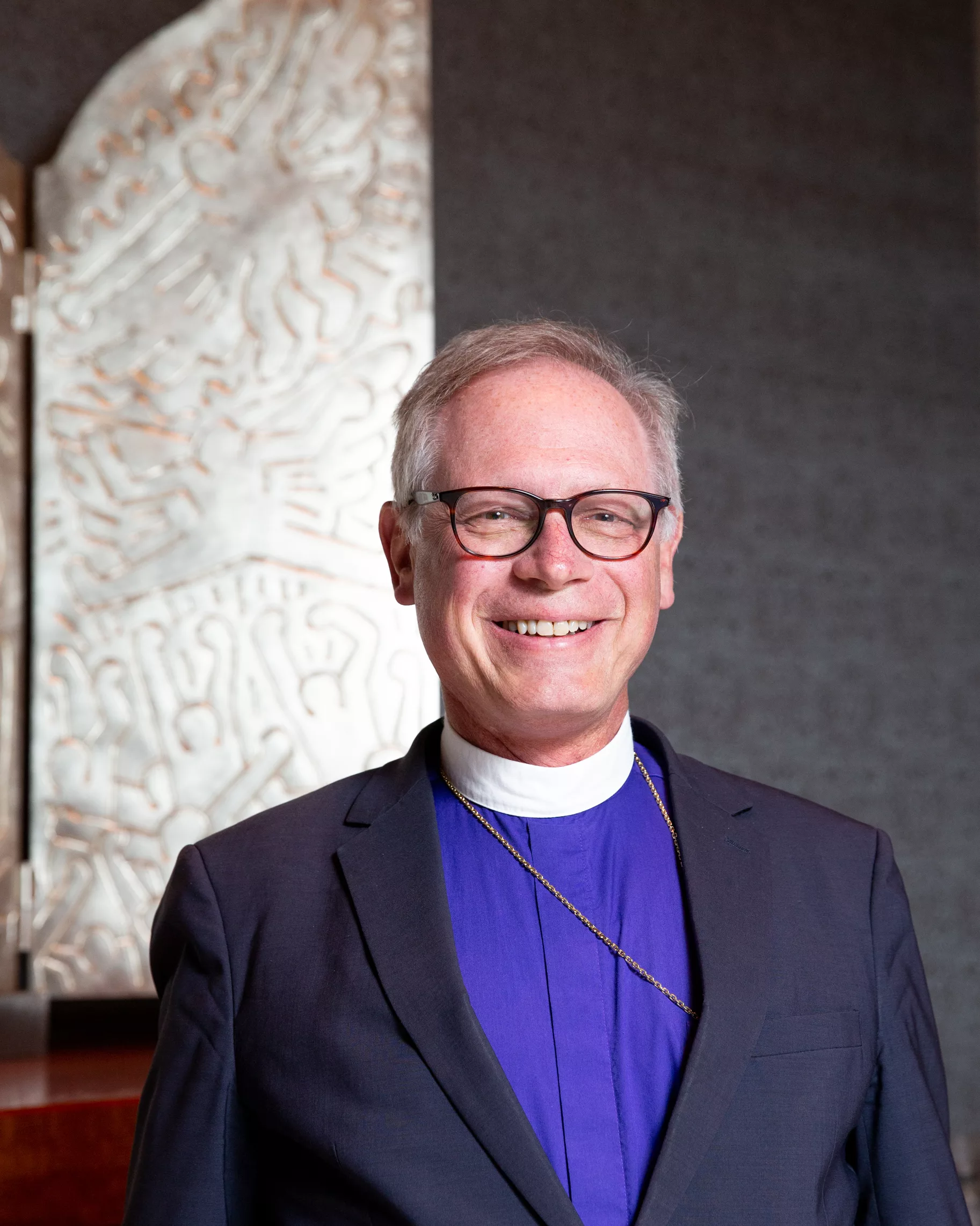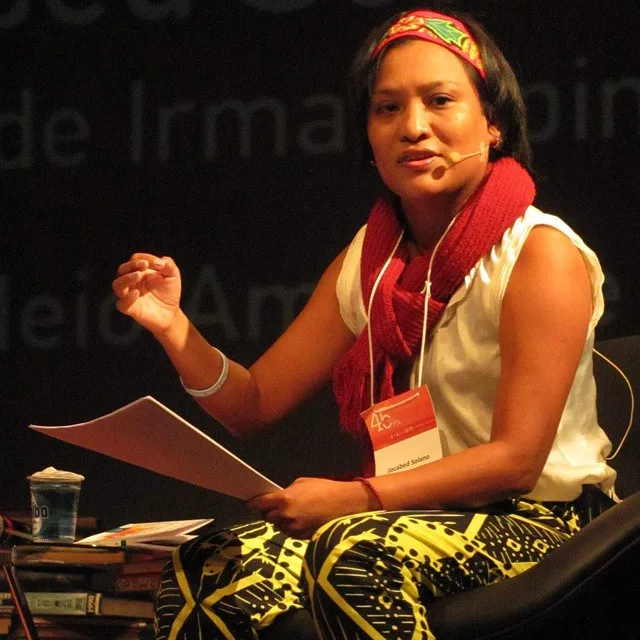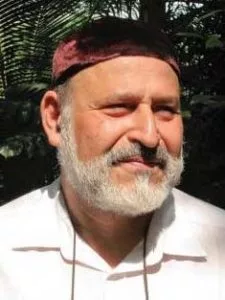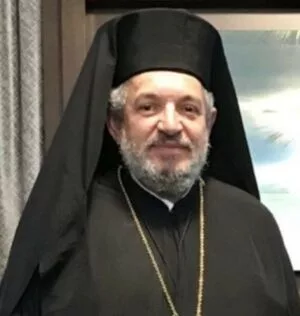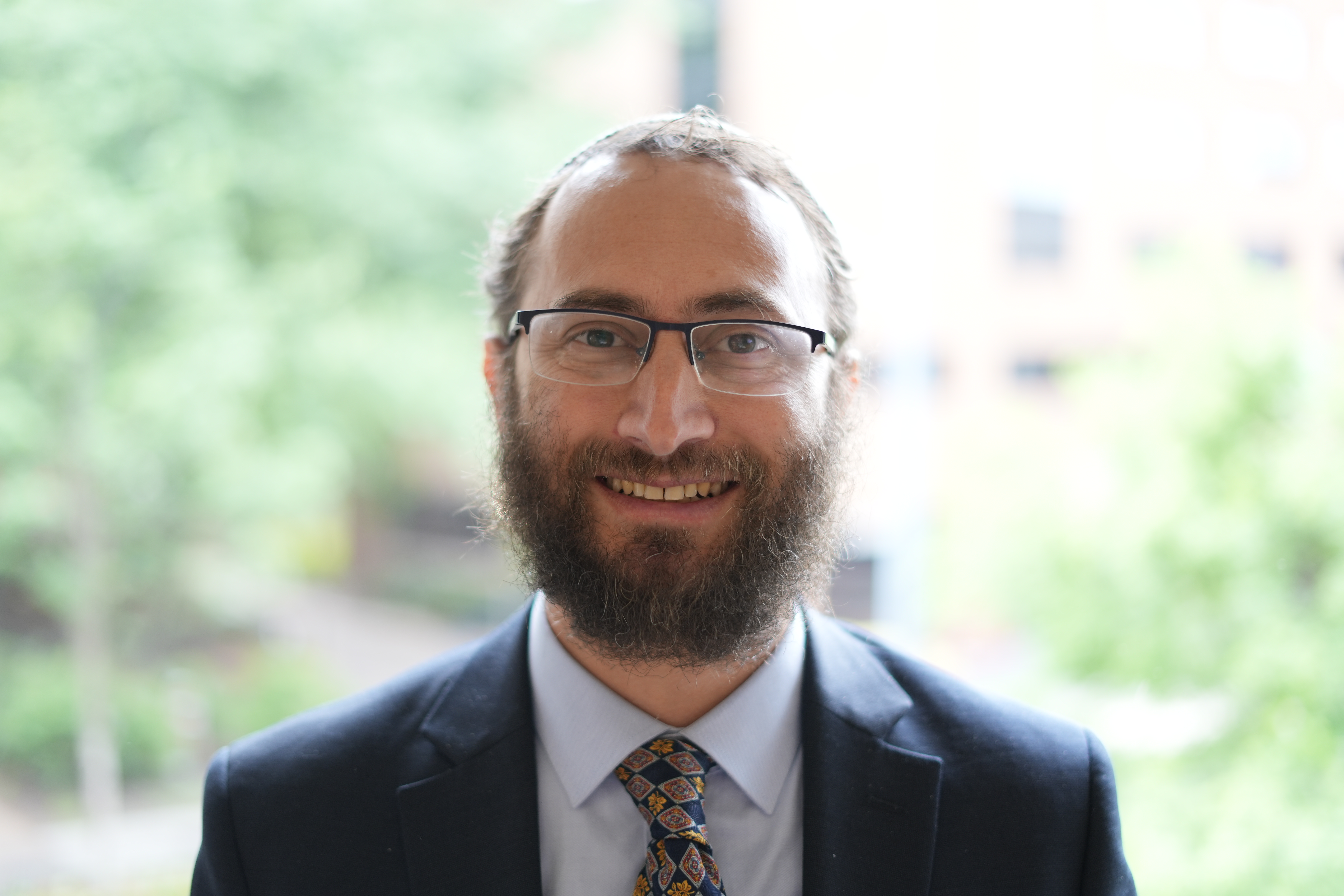Speakers
-
 Bishop Marc AndrusEpiscopal Diocese of California, Bishop
Bishop Marc AndrusEpiscopal Diocese of California, BishopThe Rt. Rev. Marc Handley Andrus, Ph.D. is the eighth bishop of the Episcopal Diocese of California. Raised among the hills and rivers of East Tennessee, Bishop Marc developed an early love for the beauty of God’s creation and heard a call to help protect it. As Bishop of California, he leads The Episcopal Church’s delegation to the annual UN Climate Conference (COP) and serves as Presiding Bishop Michael Bruce Curry’s representative to the Anglican Communion Environmental Network (ACEN). He is the author of two critically-acclaimed books. Bishop Marc lives in San Francisco with his wife, Dr. Sheila Andrus.
-
 Jocabed SolanoMemoria Indígena, co-director
Jocabed SolanoMemoria Indígena, co-directorJocabed Solano: is from the Gunadule nation, an Indigenous people which are one of seven original ethnic groups in Panama. She is co-director of Memoria Indígena and a missionary with United World Mission. Her work in part consists of walking with and learning from Indigenous peoples; facilitating processes of dialogue with Indigenous peoples, starting from the narratives and memories of these Indigenous peoples; encouraging Indigenous peoples to write and record the stories of their communities and also the stories of the Christian women and men from among them; articulating Indigenous theological approaches that emerge from and for Indigenous communities; and recognizing the good news of Jesus and how it is interwoven into the identities of Indigenous peoples in Abya Yala (America).
-
 Khojeste MistreeZoroastrian Studies, Managing Trustee
Khojeste MistreeZoroastrian Studies, Managing TrusteeKhojeste P. Mistree is one of the world’s leading authorities on Zoroastrianism and ecology. He is a Trustee of Zoroastrian Studies, the Bombay Parsi Punchayet, the Athravan Educational Trust, and the World Alliance of Parsi Irani Zarthoshtis. Through his work, he has promoted about a religious renaissance in the Zoroastrian community. As a preserver of ancient Zoroastrian heritage, he has worked ceaselessly to get each and every one of the 46 fire temples and one priestly seminary in Mumbai declared as heritage structures. He lives with his wife in Mumbai.
-
 Metropolitan Serafim KykotisGreek Orthodox Patriarchate of Alexandria and All Africa, Archbishop
Metropolitan Serafim KykotisGreek Orthodox Patriarchate of Alexandria and All Africa, ArchbishopHis Eminence, the Most Reverend Serafim (Kykotis) of Zimbabwe is the Archbishop of the Archdiocese of Zimbabwe and Angola in Africa, part of the Greek Orthodox Patriarchate of Alexandria and All Africa. Prior to that he was Metropolitan of Johannesburg and Pretoria (2001-2010) and Metropolitan of Kenya and Tanzania (1997-2001). He was one of the Vice-Presidents of the All Africa Conference of Churches. He is a member of the Central Committee of the World Council of Churches. He represents His Holiness Pope and Patriarch Theodoros II at UN, AU, EU and the climate COPs and at interreligious dialogues.
-
 Rabbi Yonatan NerilThe Interfaith Center for Sustainable, Founder & Director
Rabbi Yonatan NerilThe Interfaith Center for Sustainable, Founder & DirectorRabbi Yonatan Neril founded and directs The Interfaith Center for Sustainable Development. Raised in California, Yonatan completed an M.A. and B.A. from Stanford University with a global environmental focus , and received rabbinical ordination in Israel. He speaks internationally on religion and the environment, and co-organized thirteen interfaith environmental conferences in Israel and the U.S. He is the lead author and general editor of three books on Jewish environmental ethics, including Eco Bible, a bestseller in several Amazon Kindle categories. He lives with his wife, Shana and their two children in Jerusalem.
Faith, Scripture and Living in Ecological Balance – Interfaith Center for Sustainable Development
In light of the ecological challenges facing humanity, how can faith communities shift their foci toward ‘ecological conversion’ as the religious imperative of our time?
The ecological crisis is a crisis of religion just as it is a crisis of ecology. This is because religion is needed to solve the crisis, and unless religion gets involved religion will cease to be relevant for the future.
This session will explore how clergy and religious institutions can be empowered to teach, preach, and act to curb climate change and reveal religious practice that is ecologically grounded.

